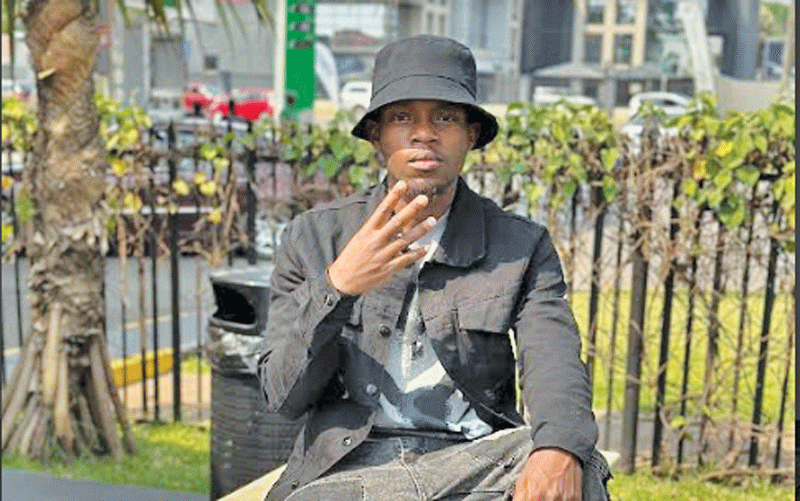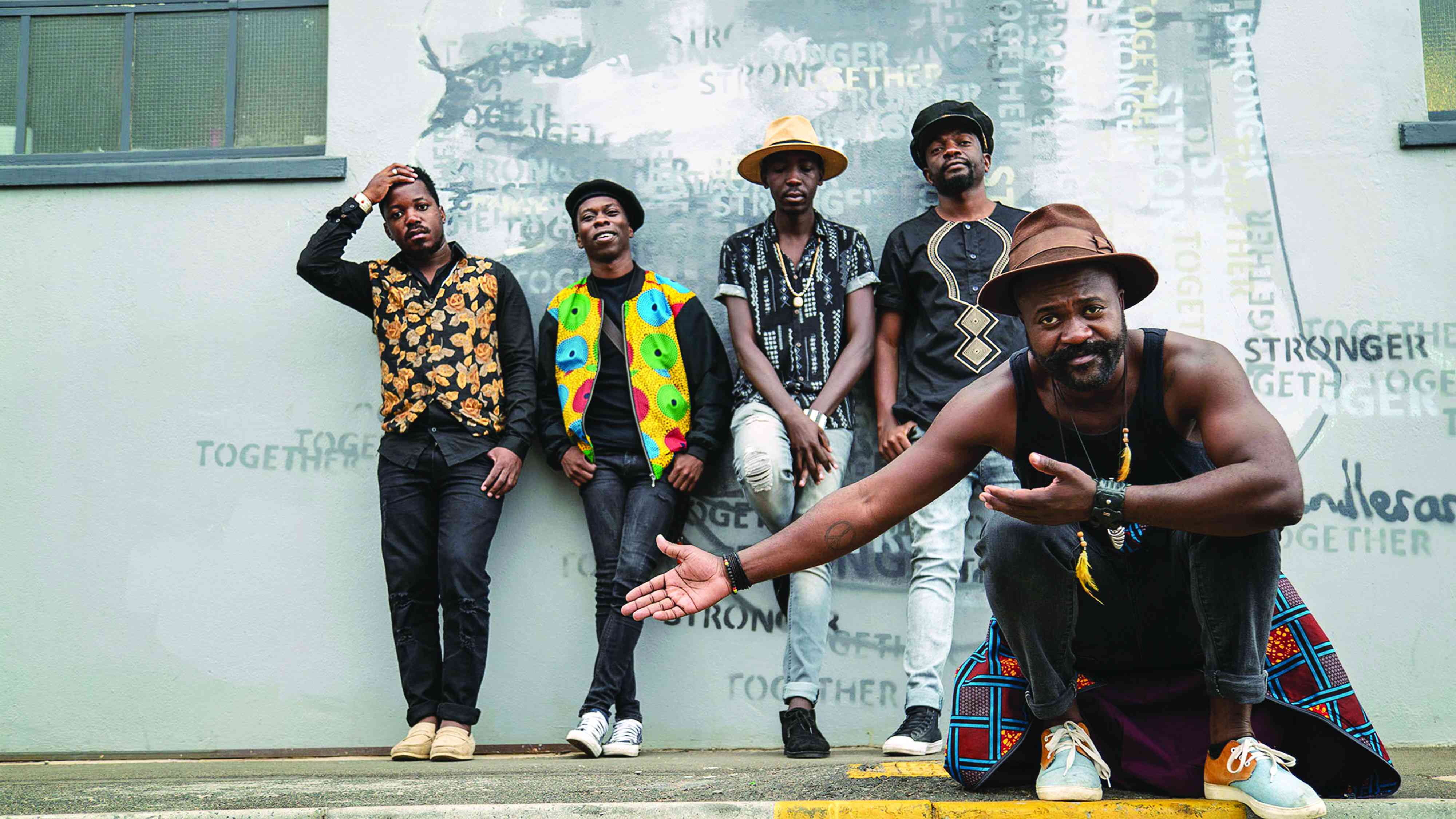
FASHION designers who showcased their designs at the inaugural Arise Chitungwiza fashion show have lamented the influx of secondhand clothes on to the local market as it affected their business and urged government to clamp down on clothing imports.
TAFADZWA KACHIKO

Although the government imposed a ban on secondhand clothes — known in local parlance as mabhero — in 2015, they have continued to find their way on to the local market.
Speaking on the sidelines of the show, Isaac Kunsedyo of Tommy Classic Designs said the importation and sale of secondhand clothes was one of the stumbling blocks to growth of local clothes manufacturers.
“There are always challenges like any other industries. Our main challenge comes from the importation of secondhand clothes which have taken over the industry. People no longer appreciate tailor-made clothes. Instead, they scramble for these clothes because they are cheaper,” he said.
He said government should help them push Zimbabwean clothing brands on the market by treating the importation of second-hand clothes with the seriousness it deserved.
“My vision is to have African attire being worn everywhere around the world, be it casual or formal,” he said.
“If we keep on bringing in second-hand clothes, we are putting on what they (Westerners) want us to wear, neglecting our own brands.”
- Chamisa under fire over US$120K donation
- Mavhunga puts DeMbare into Chibuku quarterfinals
- Pension funds bet on Cabora Bassa oilfields
- Councils defy govt fire tender directive
Keep Reading
Tafadzwa Chimbgwana of Nguwo Designs concurred with Kunsedyo, saying secondhand clothes have had a negative impact on the fashion industry.
“These are difficult times because designers used to get many orders from customers, but the coming in of secondhand clothes saw some opting to buy clothes that are sold two per $1 instead of a design that goes for $15. So to really promote local manufactures there is need to get rid of secondhand clothes,” she said.
Tarisai Gweje of Chaivo label, however, was unruffled by secondhand clothes.
“The good thing is we decided to focus on our African fashion. We will keep on focusing on the designs they (customers) will not find on secondhand clothes market,” she said.
“We are trying by all means to survive with what we have but the industry is quite hard because of lack of much-needed support.”











